News and features
Read the latest news and features about our world-leading research, discoveries, fundraising and philanthropy. If you want to keep updated on our news, you can follow us on social media or sign up for our Search newsletter.
If you’re a journalist and want to find out more, you can contact our media relations team.

Legendary jockey Bob Champion awarded honorary doctorate at ICR graduation ceremony
Legendary jockey Bob Champion has been awarded an honorary doctorate by The Institute of Cancer Research, London, in recognition of his outstanding contribution in supporting research into male cancers at a ceremony at London’s Guildhall.

Scientists discover new weakness in drug-resistant sarcomas, offering hope for smarter treatment strategies
In a major step forward for cancer research, scientists have uncovered a surprising vulnerability in soft tissue sarcomas – a rare and aggressive group of cancers that affect the soft tissues of the body, such as muscle, fat and blood vessels.
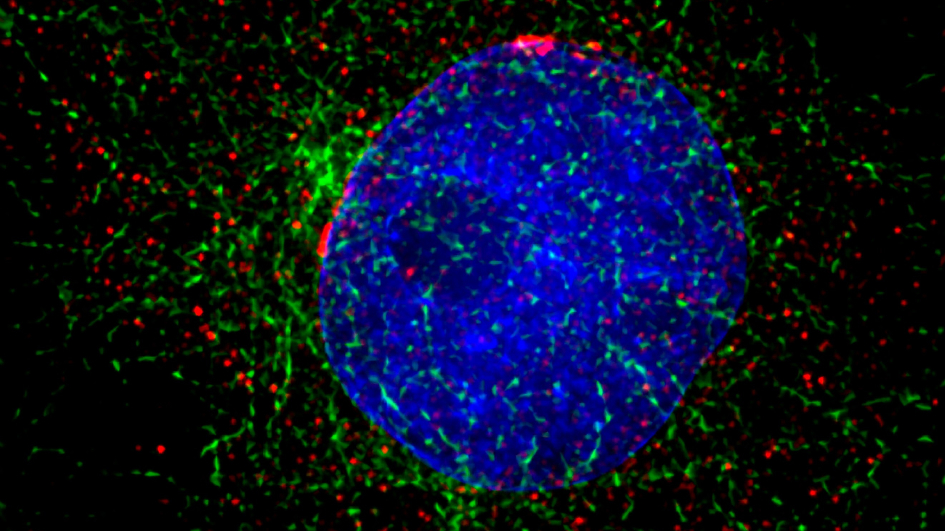
International trial shows combination immunotherapy treatment significantly improves survival in high-risk kidney cancer patients
Combination immunotherapy treatment significantly improves disease-free survival following surgery in patients with the most common type of kidney cancer, according to new research.
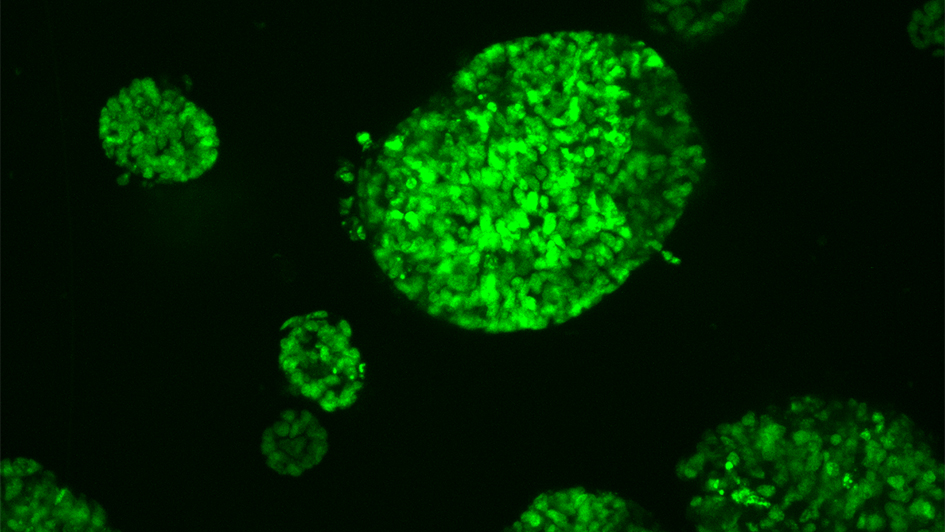
Global study challenges ‘cancer epidemic’ in young adults – except for bowel cancer
Cancer cases in both younger and older adults are increasing, challenging the idea that a global rise is only occurring in the under 50s, a major new analysis by The Institute of Cancer Research, London, has found.
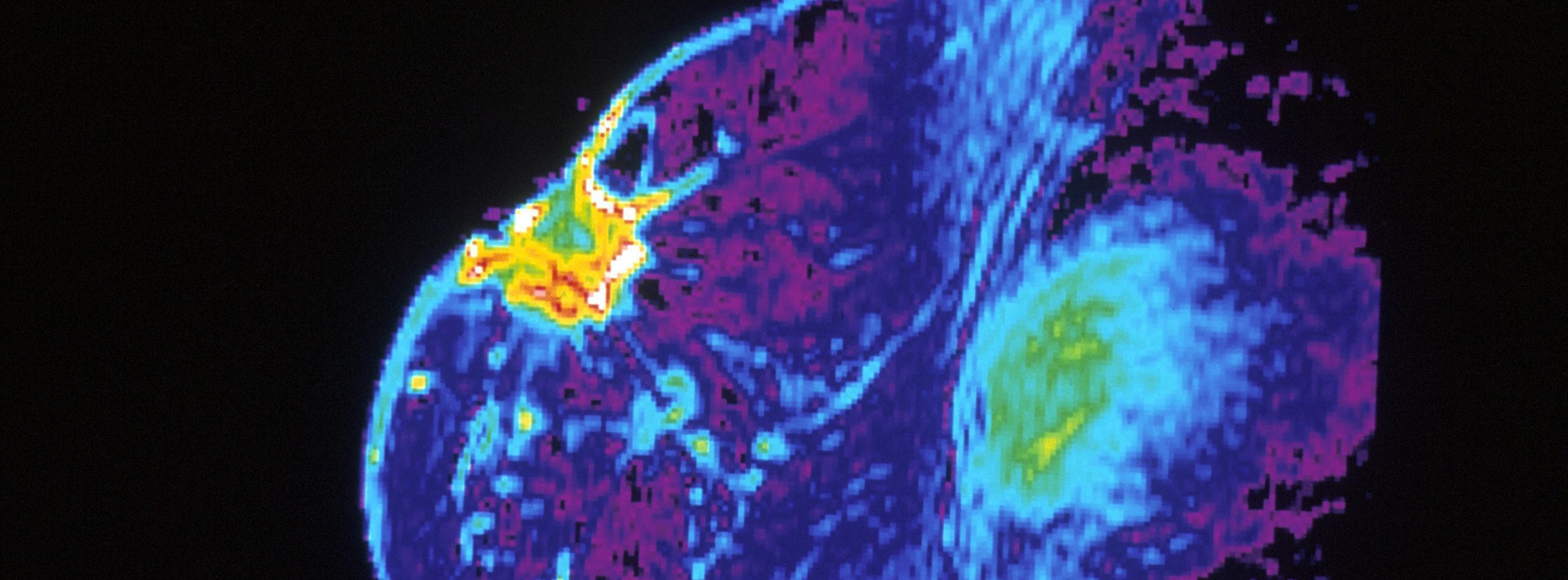
Targeted drug prolongs survival in breast cancer patient group
Patients with HR+ and HER2- node positive high-risk early breast cancer experience improved long term overall survival seven years on, following two years of taking a targeted drug alongside standard hormone therapy, according to new research.

From data to discovery: the impact of statistics in cancer research
Every five years, World Statistics Day is celebrated globally to recognise the vital role statistics plays in shaping societies, our research and supporting evidence-based decision-making. The fourth observance, on 20 October 2025, is held under the theme ‘Quality statistics and data for everyone’.
.png?sfvrsn=364266fe_1)
‘Smart jab’ shows promise in treating advanced head and neck cancer
A new type of cancer treatment which is given via an injection under the skin has shown early signs of success in patients with advanced head and neck cancer.
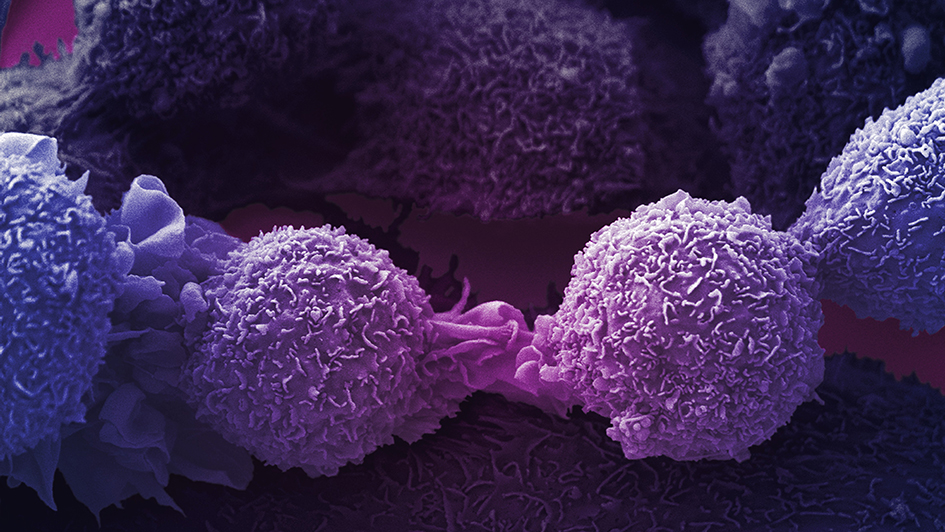
New drug shows dramatic effect in shrinking lung cancer tumours
A new drug is having a dramatic effect on shrinking lung cancer tumours, according to new research.
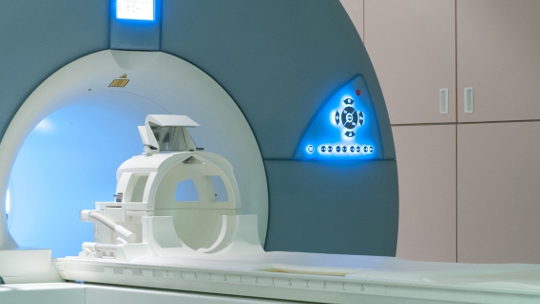
MRI scan before bladder cancer surgery shown to save lives
Giving patients with suspected bladder cancer an MRI scan before surgery could mean they would be treated more quickly, leading to fewer deaths due to the disease, new ICR-led research suggests.
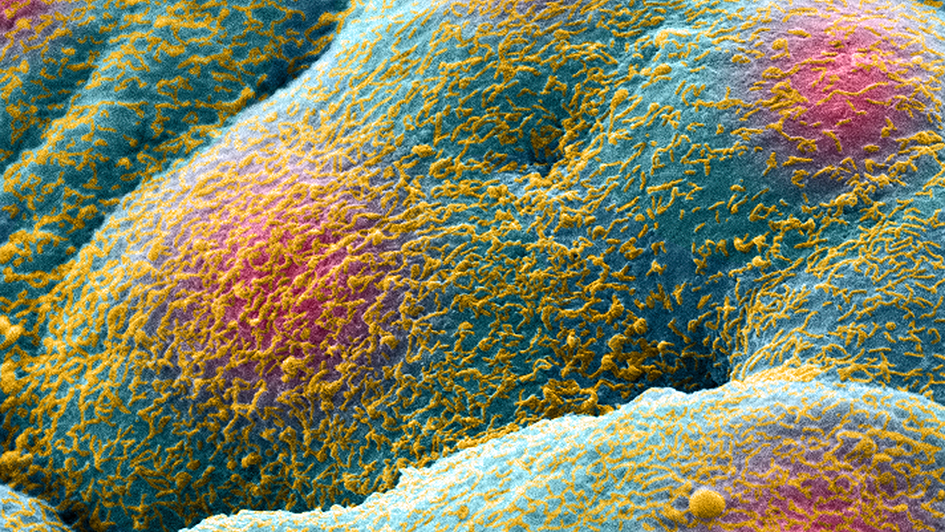
Men with BRCA1 and BRCA2 gene mutations should get annual prostate cancer screening
Prostate cancer guidelines should change so that all men from the age of 40 with mutations in either the BRCA1 or BRCA2 gene are offered regular PSA testing to detect early signs of the disease, experts are urging.
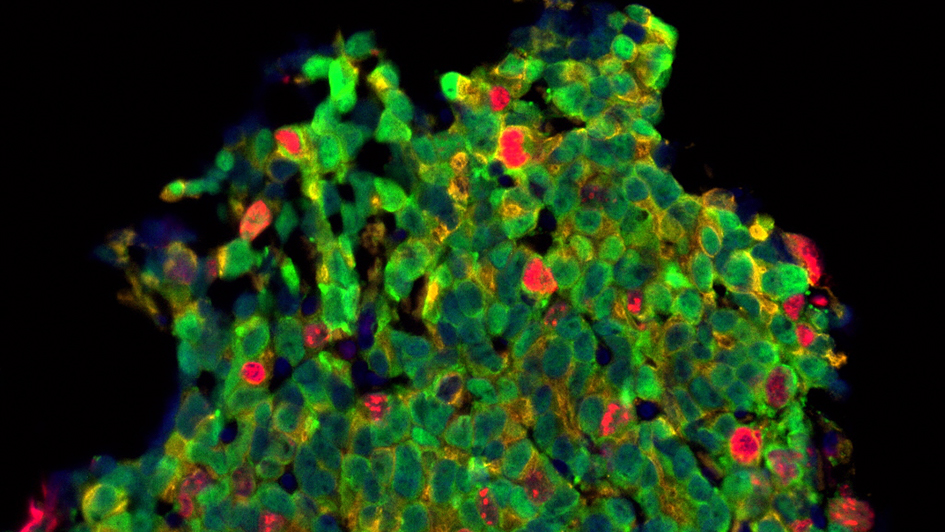
New drug combination to tackle advanced prostate cancer
Up to two in five advanced prostate cancer patients could be treated with a combination of two targeted drugs, according to new research.
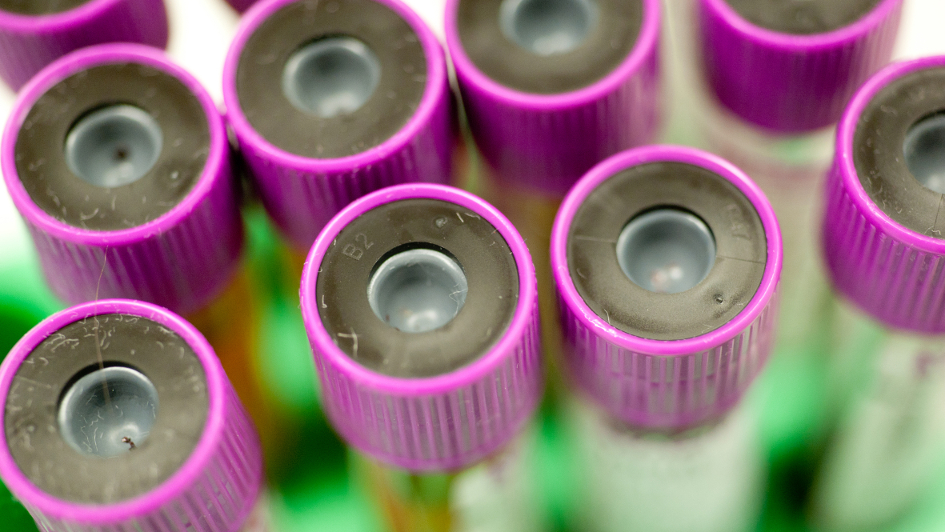
New research identifies a more accurate way of predicting which blood cancer patients will relapse early
Scientists have identified a more accurate way of predicting which patients with multiple myeloma, a type of blood cancer, are likely to relapse early following treatment.
